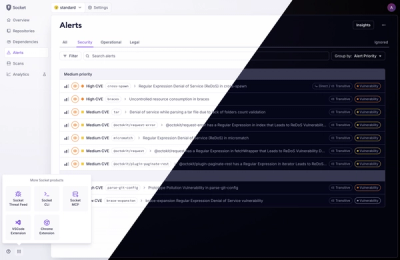Breeze
Functional async flow control library. Turn your asynchronous code into bite-sized synchronous looking functions.




Install
Usage
Node.js / Browserify
var breeze = require('breeze')
API
breeze(step) - Initialize breeze flow system, supports initial .then method..pass(value) - Introduce new value into flow system, argument is appended to system arguments passed through next..when(check, step) - When check is truthy, add step to the stack.maybe(check, step) - When check is truthy, add step to the stack, sugar for breeze.when.some(check, step) - When check is truthy and no other some or none has ran, add to the stack.none(step) - Whenever no some have ran, add callback to the stack.then(step) - Add callback to stack.each(iterables, iteratee, step) - Iterate over an object / array and invoke a method for each entry. iterables is not a reference therefore, you must properly store iterables outside of the flow if you plan to update or modify the object..catch(step) - Any error caught will terminate stack and be sent here.deferred() - Returns a deferred promise system, allowing for a passable then / catch..reset() - Reset current system
Step
The step method passed through breeze has a very small API, providing any arguments stored within the system passed through either the next or .pass methods, and the next callback method which is explained below.
function step (next, arguments...)
Next
The next method is the step callback system, it provides utility for short-circuiting the step system with an error, passing additional arguments along the chain, and skipping steps completely.
return next(err, arguments...)
The next method supports additional modes explained below.
Errors
When a truthy err is passed the system will short-circuit (no other actions will be taken) and .catch will be triggered.
Promises
When a promise is passed the system will attach to either a then / catch or .then(success, catch) method style depending on the promise type passed.
Whenever the promises then / then success method is invoked, any arguments passed along with the initial promise are placed at the front of the arguments array, and the success arguments will be last.
This allows you to chain multiple promises while still passing values down the chain.
next(promise, arguments...)
Skipping Steps
When you pass the string skip as the first argument in the next method, the next step in the sequence will be skipped completely.
You can skip multiple steps by providing a number as the second argument to next equalling the number of steps you wish to skip. Defaults to 1.
next('skip', 1 /* optional; number of steps to skip */)
Examples
- basic - Bare-bones example (
breeze, then, catch)
- promises - Returning and using promises within breeze (
then, next(promise))
- each - Breeze array iteration (
then, pass, each, catch)
- when - Conditional flows (
then, when)
Check out the examples directory for more in-depth examples and tutorials of how to use breeze.
License
Licensed under The MIT License.







